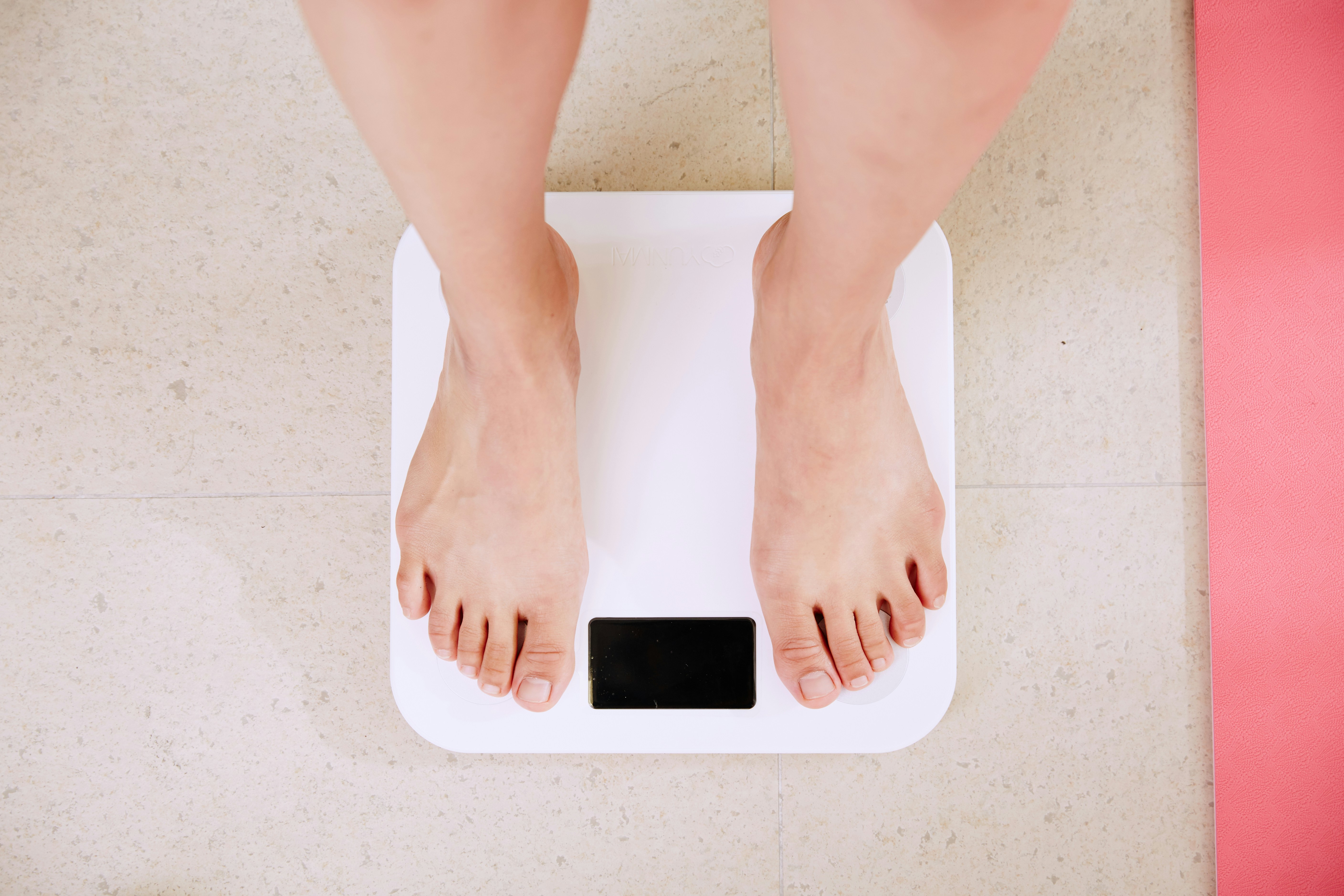Transform Your Morning Coffee into a Powerful Weight Loss Ally
December 1, 2024 | by Ben Turner

How Coffee Boosts Your Metabolism
Caffeine, the primary active ingredient in coffee, functions as a natural stimulant that has been shown to elevate metabolic rates. This increase in metabolism can lead to heightened calorie burning, particularly during resting states. Research indicates that caffeine can enhance thermogenesis, which is the process of heat production in organisms, thus elevating the body’s energy expenditure even when at rest. Intaking coffee can therefore translate into a significant boost in metabolic activity.
The metabolic enhancement provided by caffeine is attributed to its ability to stimulate the central nervous system, leading to an increase in the release of neurotransmitters such as norepinephrine. These neurotransmitters trigger the breakdown of fat cells, making them available for energy use. Individuals may notice improved weight loss outcomes as fat is metabolized more efficiently. Furthermore, studies have shown that caffeine consumption can increase the rate of fat oxidation, which is the process of using fat as a source of energy, thereby further contributing to the calorie-burning effects of coffee.
Click here for one of the best coffee for weight loss.
Additionally, the stimulating effects of coffee can enhance workout performance. By improving endurance and reducing perceived exertion during physical activity, individuals may engage in longer or more intense workouts, leading to increased calorie expenditure. Therefore, the synergy between caffeine consumption and exercise can significantly amplify weight loss results. Moreover, regular coffee drinkers may develop a tolerance to some effects over time, but initial consumption still provides a substantial metabolic boost.
Coffee as a Workout Ally
Caffeine, the primary active ingredient in coffee, has garnered significant attention for its role in enhancing workout performance and facilitating fat burning. When consumed before exercise, caffeine acts as a potent stimulant that influences several metabolic processes in the body. One of the primary benefits of caffeine is its ability to promote lipolysis, the breakdown of fat cells into free fatty acids that can be used for energy. This process becomes particularly important during prolonged aerobic exercises, where fat serves as a dominant fuel source.
Furthermore, caffeine increases adrenaline levels, which further enhances the mobilization of fat stores. As adrenaline circulates through the bloodstream, it signals fat cells to release fatty acids, making them available for use by the muscles during physical activity. Consequently, individuals can experience improved endurance and performance as their bodies have access to a greater supply of energy derived from fat. Studies have shown that caffeine consumption prior to workouts can lead to not only improved physical performance but also a more efficient fat-burning process during exercise.
Click here for one of the best coffee weight-loss supplements.
To optimize the benefits of coffee as a pre-workout beverage, timing and dosage are critical. It is generally recommended to consume coffee approximately 30 to 60 minutes before exercising to allow adequate time for caffeine absorption. The ideal dosage typically ranges from 3 to 6 mg of caffeine per kilogram of body weight, depending on individual tolerance levels. Moreover, it is essential to stay hydrated, as caffeine can have a diuretic effect. Thus, balancing coffee intake with water consumption can help maintain optimal hydration and maximize the performance benefits. In conclusion, integrating coffee into one’s fitness regimen may offer a significant boost to fat-burning and exercise performance, solidifying its role as an invaluable ally for those pursuing weight loss.
In conclusion, coffee can be leveraged as an effective tool in one’s weight loss regimen due to its ability to boost metabolic rates, enhance fat oxidation, and improve physical performance. By understanding the science behind how caffeine interacts with the body, individuals can maximize the weight loss benefits associated with their morning cup of coffee.
This content is for informational purposes only and is not intended as medical advice. Always consult with your physician or a qualified healthcare provider before making any significant changes to your diet, exercise routine, or lifestyle. Individual health needs and circumstances vary, so professional guidance is essential to ensure safety and effectiveness.
RELATED POSTS
View all

